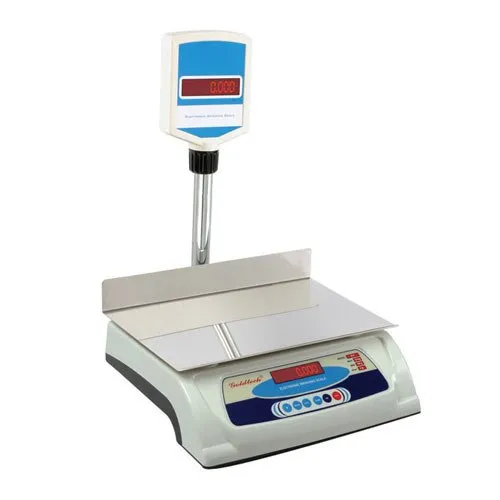In the world of retail, food service, and logistics, accurate weight measurement is crucial. Counter weighing scales have become indispensable tools for businesses looking to ensure fair pricing, inventory management, and customer satisfaction. This blog delves into the features, benefits, and applications of counter weighing scales, highlighting their importance in everyday operations.
What Are Counter Weighing Scales?
Counter weighing scales are compact, typically digital scales designed for weighing items at retail counters, delis, or other commercial environments. They provide quick and accurate weight readings, often integrating pricing calculations and inventory management features.
Key Features of Counter Weighing Scales
Digital Display: Most modern counter scales come with large, easy-to-read digital displays, allowing users to see weight measurements clearly, even from a distance.
Tare Function: This feature allows users to subtract the weight of containers or packaging, ensuring accurate net weight readings. It’s particularly useful in food service and retail settings.
Unit Conversion: Many counter scales can switch between different units of measurement, such as pounds and kilograms, accommodating various customer needs.
Price Calculation: Some advanced models can calculate pricing based on the weight of the product, streamlining the checkout process and reducing errors.
Memory Storage: Many scales offer memory functions that store frequently weighed items, making it easy to recall prices and weights for regular customers or products.

